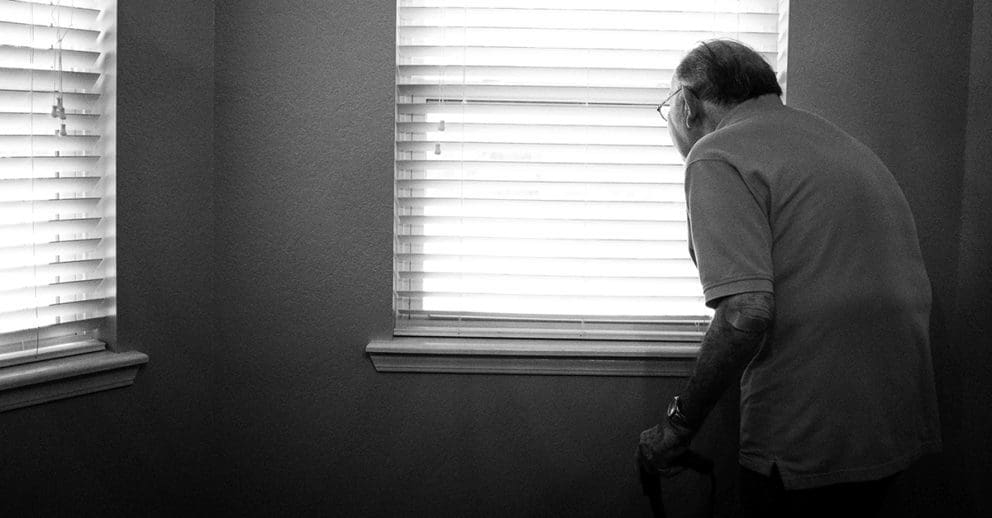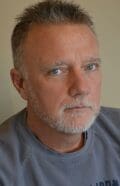Search Posts
Recent Posts
- Vinny Paz to be inducted TODAY into the International Boxing Hall of Fame – CES Boxing June 7, 2025
- In the News… quick recap of the week’s news (6.7.25) June 7, 2025
- Burn with Kearns: Strong without the spend: How scraps became strength tools – Kevin Kearns June 7, 2025
- Rhode Island Weather for June 7, 2025 – Jack Donnelly June 7, 2025
- How to advocate for threatened properties: The Heritage Alliance of Pawtucket June 7, 2025
Categories
Subscribe!
Thanks for subscribing! Please check your email for further instructions.

The spring of our loneliness…
By Michael Morse
Lonely people don’t reach out. They don’t call the volunteer hotline. They don’t connect with Skype. They get lonelier, and sink further into despair.
These folks are not embracing their lives, or enjoying their existence. They survive. For many, their weekly trip to the market is the only interaction they get, if they even get that. Those little interactions with a familiar face very well could be all that keeps them going.
Now, those friendly smiles are hidden behind masks, voices muffled behind plexiglass dividers, latex gloves denying even the chance of human contact when goods are transferred.
Loneliness and isolation are by products of depression. Human beings thrive in groups. A few of us manage to exist quite nicely by ourselves, but that is our choice, not the governments. Social distancing is not sustainable. Planning needs to be underway to get our society back together.
I’m fortunate, I’ve never seen a person die from complications from Covid19. I have, however, seen far too many at the end of a rope, overdosed in their bed, or in a crumpled heap at the foot of a tall building.
An overabundance of caution has saved lives. Perhaps it is time to scale back the overabundance, bring the caution down to an abundance, and begin getting our lives back.

Michael Morse spent 23 years as a firefighter/EMT with the Providence Fire Department before retiring in 2013 as Captain, Rescue Co. 5. He is an author of several books, most offering fellow firefighter/EMTs and the general population alike a poignant glimpse into one person’s journey through life, work and hope for the future. He is a Warwick resident.
